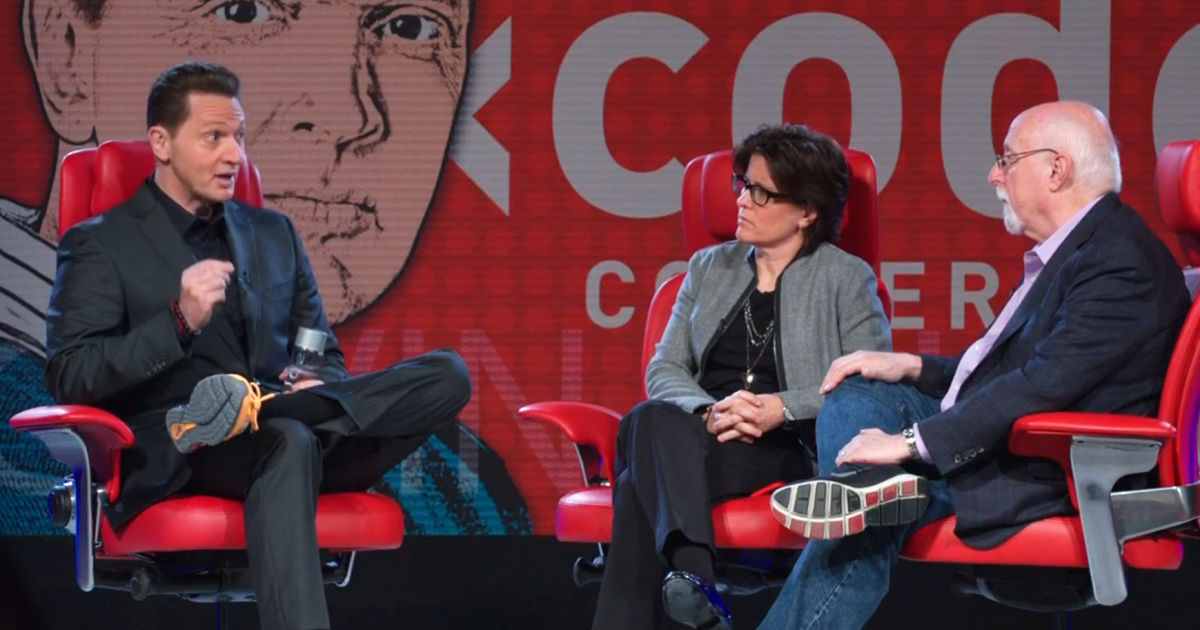When Dick Costolo attended the University of Michigan, in the nineteen-eighties, his major was computer science, but he was surprised to find that he also had a knack for improv comedy. After graduation, he moved to Chicago and took classes at the Second City Theatre. Unlike some of his peers there—Steve Carell, Tina Fey, Adam McKay—Costolo was not asked to join the theatre’s house company, and his comedy career dried up. He fell back on his skills as a coder and founded a series of tech startups, one of which was eventually acquired by Google, for a hundred million dollars. In 2010, he became the C.E.O. of Twitter, earning about ten million dollars in his first year. At a charity event, he ran into Steve Carell, and they reminisced about their days as bohemian improvisers. “I’m sorry it didn’t work out for you,” Carell joked.
In June of 2015, with Twitter’s stock price languishing, Costolo announced that he would leave the company. (According to the tech press, the board of directors had forced him out; Costolo maintains that leaving was his idea.) Three days later, HBO aired the second-season finale of its half-hour satire “Silicon Valley.” The season ended on a cliffhanger: the central character, the founder and C.E.O. of a tech company, was fired by his board. Costolo, a fan of the show, found the situation uncannily familiar. “I could relate to every person in that situation—the founder who’s leaving, the C.E.O. who’s coming in, the employees who are watching it happen,” he said.
Around that time, Costolo had breakfast in San Francisco with Kara Swisher, a tech reporter and power broker who has been called “Silicon Valley’s most feared and well-liked journalist.” Conversation turned to “Silicon Valley,” the show. “People in the Valley—at least, the people I know—talk about the show all the time,” Costolo told me. “Most of them love it, oddly. I think there are a lot of people telling themselves, with varying levels of accuracy, ‘They’re satirizing those annoying tech people—not me.’” Swisher, who knows everyone, was in frequent contact with the showrunners, Mike Judge and Alec Berg. “I’ll introduce you,” she told Costolo.
Source: How “Silicon Valley” Nails Silicon Valley – The New Yorker
